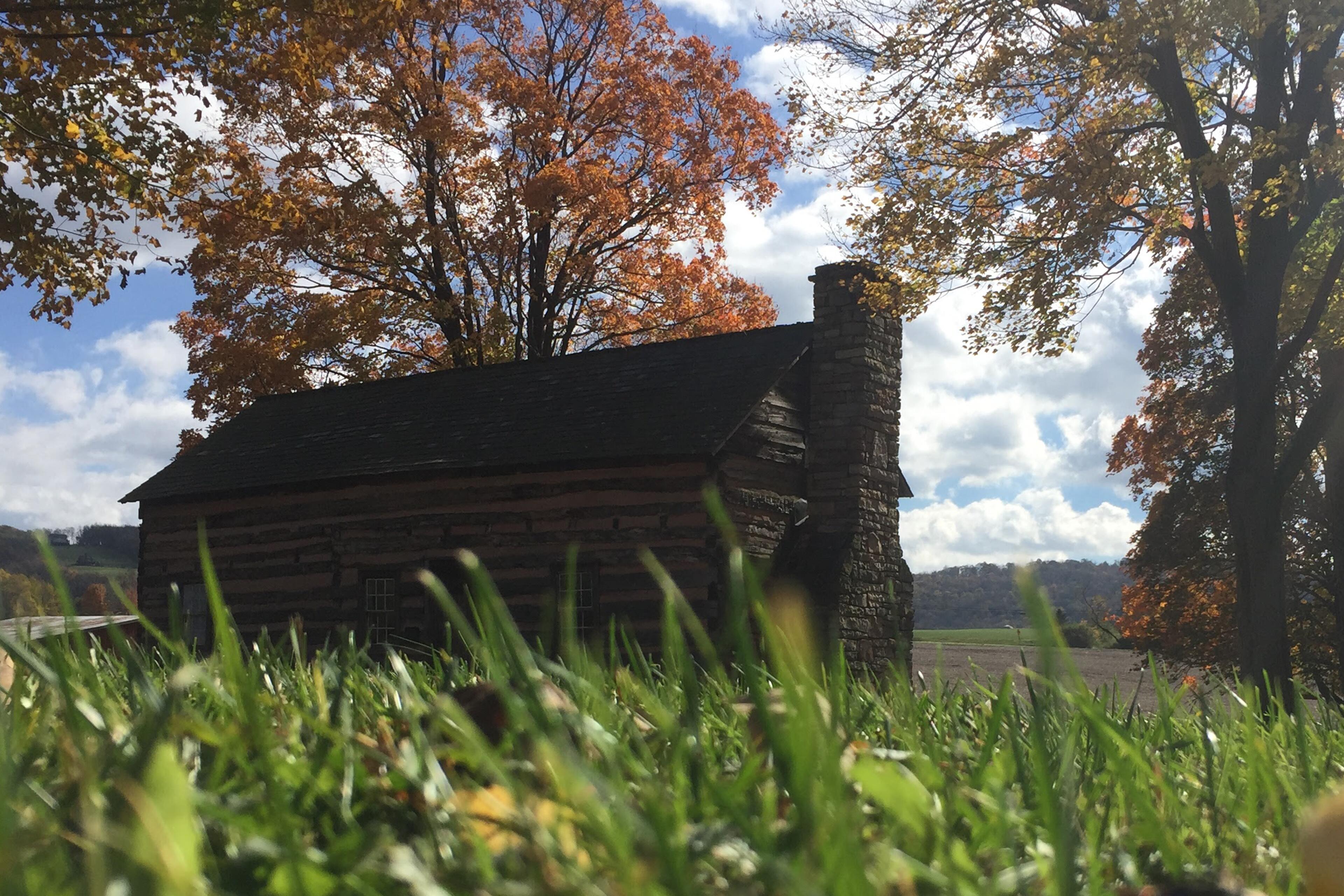What is Household Hazardous Waste?
Products used everyday in the home to clean, freshen or deodorize, kills germs and bacteria; and control pests.
The use of household hazardous waste can be greatly reduced or eliminated. Many of the circumstances in which we use household hazardous waste for can be dealt with through the use of non-hazardous, natural alternatives. The alternatives will achieve the same effect without the threat to our natural environment. Some common alternatives to every day needs are described below:
Air Fresheners and Deodorizers
Air fresheners do not really "freshen" the air but instead deaden the sense of smell or counteract one odor with another. Open a window, use an exhaust fan or do both. Sprinkle baking soda in odor producing areas or set vinegar out in an open dish. Place an open box of baking soda in the refrigerator to absorb food odors.
Carpet and Rug Cleaners
Mix a cup mild liquid dishwashing detergent with 1 pint boiling water and let cool. With an electric mixer whip the paste into a stiff foam. Apply it to the carpet with a damp sponge and rub gently. Work into 4 x 4 sections. Wipe off the suds with a clean cloth. To rinse, add 1 cup of lukewarm water. Rinse each section and wipe carpet as you go. Change the rinse frequently. Clean the carpet on a dry sunny day with windows open to speed drying. Do not soak the carpet; it may mildew. Test any shampoo first on an inconspicuous area to insure that no discoloration will occur.
Ceramic Tile Cleaners
Pour 1/4 cup baking soda, a cup white vinegar and 1 cup ammonia into a bucket. Add 1 gallon warm water and stir until baking soda dissolves. This solution can be used as a general multi-purpose cleaner.
Disinfectants and Germicides
Wash items in soap and water. Washing in Borax or sodium carbonate (washing soda) and water will also work.
Drain Cleaners
If you use a commercial drain opener that fails to work you will be left with a drain clogged with a highly caustic compound. Prevent clogging by covering drains with a screen to keep out grease, food scraps, and hair. To loosen blockage, mix 1 cup each of baking soda and salt and 1 cup of white vinegar and pour down the drain. Wait 15 minutes. Flush drain thoroughly with boiling water and use a rubber plunger or plumber's snake if drain is seriously clogged.
Floor Wax Strippers
People who are sensitive to fumes and odors have been known to suffer from headaches or other discomfort after fresh floor wax. To polish linoleum and vinyl floors without commercial wax, mix 1 part thick boiled starch with 1 part soap suds. Rub the mixture on the floor and polish dry with a clean, soft, dry cloth. To remove old wax, pour a small amount of club soda on a section of the floor. Scrub well, let soak for a few minutes, then wipe clean.
Furniture Polish
Use olive oil, lemon oil, beeswax or a mixture of beeswax and olive oil. A mixture of 2 teaspoons lemon oil and 1 pint mineral oil in a spray bottle will also work.
Mothballs
Place cedar chips or sprigs of dried tansy around clothes or store clothes in a cedar chest.
Oven Cleaners
Aerosol oven cleaners are among the worst contributors to indoor air pollution. People with asthma, chronic bronchitis, and other respiratory problems are particularly susceptible to the fumes of strong oven cleaners. No matter how thoroughly you try to rinse these cleaners, a residue remains that emits additional fumes the minute you heat the oven again. Wipe away grease and spills after preparing each meal. Wipe away charred spills with a nonmetallic bristle brush. To remove baked on grease and spills scrub with baking soda. Do not let the baking soda touch wires of heating elements. Scour racks and burner inserts with steel wool.
Silver Cleaners
Pour water into an aluminum or an enameled pan with aluminum foil covering the bottom. Fill with enough water to cover the silver (2-3 inches). Add 1 teaspoon salt and boil for 3 minutes. Remove silver, wash in soapy water and polish dry. Do not use silver jewelry or flatware with hollow handles.
Spot Removers
Taking care of spots immediately with nontoxic compounds avoids a trip to the dry cleaners. Commercial dry cleaning agents cause light headaches, dizziness, and other central nervous systems symptoms. For butter, coffee, gravy or chocolate stains, immediately sponge up or scrape off as much of the stain as possible. Dab with a damp cloth of 1 teaspoon white vinegar and 1 quart cold water solution or put paper towels underneath the blot and apply a solution of equal parts ammonia and water. If an ammonia stain remains, blot it with a solution of table salt in water.
Toilet Bowl Cleaners
Pour a cup liquid chlorine bleach into the toilet bowl. Let stand for at least 30 minutes. Scrub with long handled brush and flush.
Window Cleaners
Measure 3 tablespoons ammonia. Pour 1 tablespoon white vinegar and 3/4 cup water into a clean spray bottle. Use a solution of 2 tablespoons vinegar and 1 quart water.
CAUTION: Never mix products containing ammonia with chlorine bleach, toilet bowl cleaners, rust removers or oven cleaners. These products will produce poisonous gases when combined.
Home Work Products
(Paint Strippers, Glues and Adhesives, Turpentine, Varnish, Lacquers, and Auto Body Repair Compounds) Solvents used in furniture refinishing can cause headaches, drowsiness, blurred vision, impaired motor response, and chemical intoxication. Paint solvents are of particular concern to people with heart conditions and to those who wear contact lenses. Methanol and certain other solvent compounds can stress the heart. Contact lenses absorb strong vapors holding contacts against the eye causing irritation or eye damage.
Use these products outdoors or in a very large room with steady current dry, not humid, air. Ventilate well by opening all windows and doors. Use a large exhaust fan to blow fumes out. Wear a paper filter dust mask when grinding or sanding. Use a dust attachment on power tools. Clean up dust and filings with a vacuum cleaner instead of a broom. Do not soak brushes in solvents. Clean them immediately and soak them in plain water or soap and water. Always wear protective goggles, gloves and a work apron. Separate the work area from the living space as much as possible.
Fleas
To control fleas on dogs and cats, bathe animals every two to four weeks with pet shampoos containing insect repellent herbs such as rosemary, rue, eucalyptus, and citronella.




